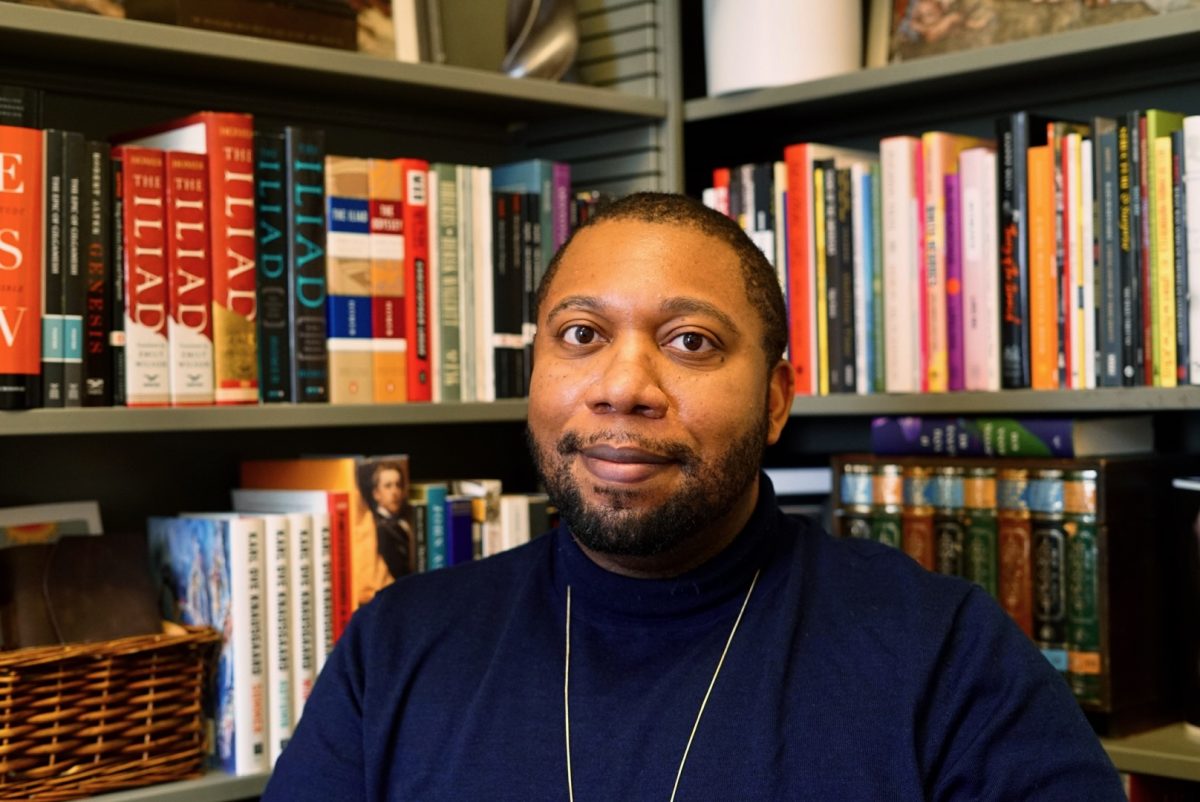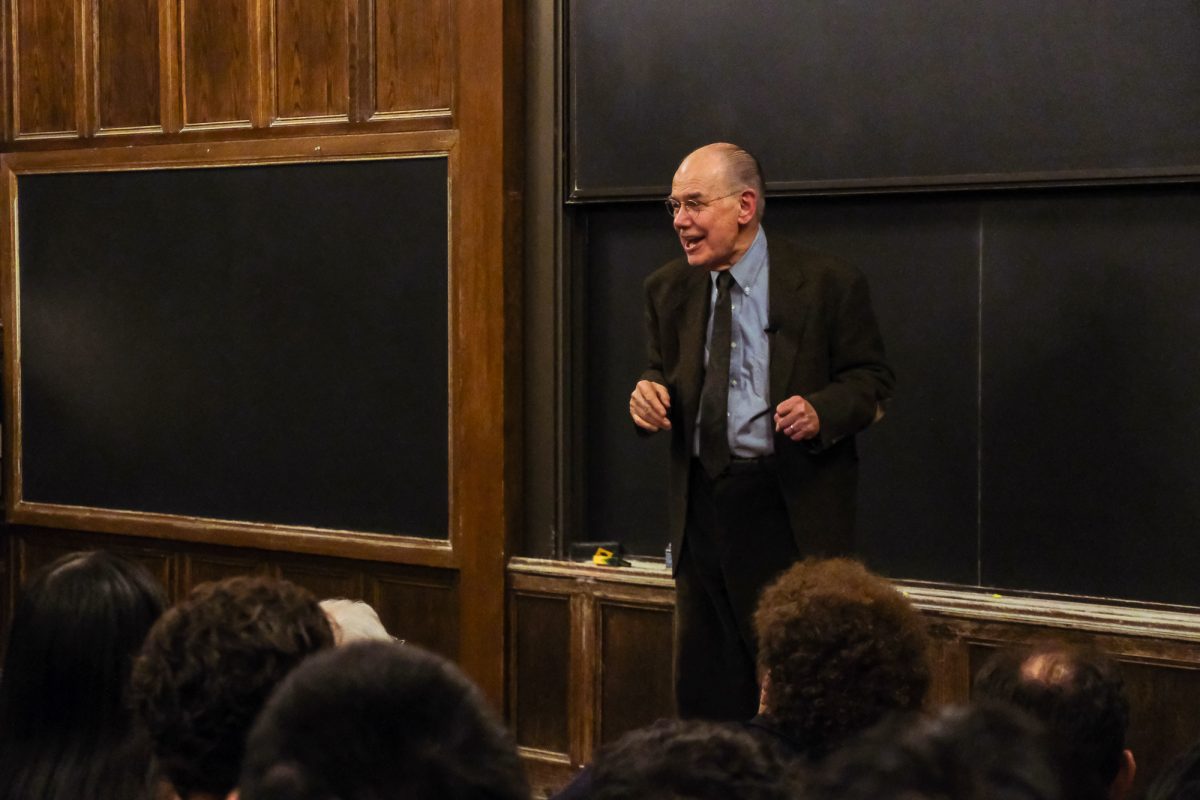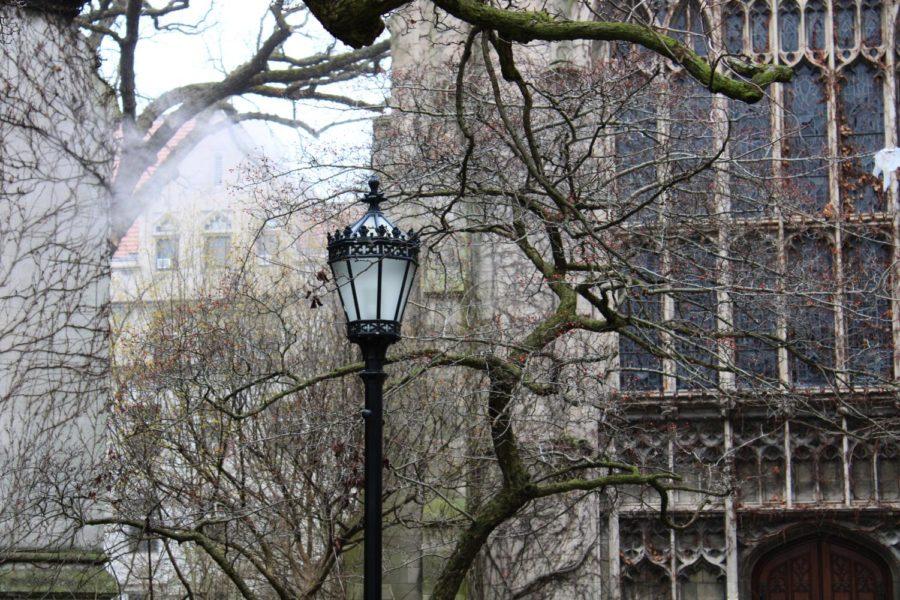One of the bigger culture shocks coming to the University of Chicago is the preponderance of controversies—issues that are debated at length in house lounges, in the Maroon’s editorial pages, and across all corners of campus. With this in mind, it’s worth recounting the controversies of the past few years.
Arguably the biggest controversy of the previous year concerned the funding of graduate students. Many current students argued that the administration’s plan—which provided full funding and benefits to grad students entering the University starting last year—was unfair, stacked in favor of incoming graduate students while leaving the current ones behind. Exacerbating the issue was the fact that an estimate of the cost of fully funding all students was over three times too high due to a simple mathematical error. The group Graduate Students United organized a “teach out”—classes and discussions sections led by participating grad students and professors were held outside—but the administration remained impervious, providing no indication that it would change its stance on the issue.
Perhaps the debate that will most consume campus this year will regard the Friedman Institute, a think-tank formed at the end of last year with the purpose of studying economics across different academic disciplines. The initiative is not without its critics: This summer, more than 100 professors signed a letter sent to President Robert Zimmer that warned of a possible ideological slant of the Institute, whose namesake is famed free-market economist Milton Friedman. Similarly, the Maroon editorial board—on which your faithful correspondent sits—opined, “[T]o be successful, the Institute must first make a firm and public commitment to academic independence and objective study.” It would certainly be no surprise if this controversy brings to a head tensions between the U of C’s generally liberal campus on the one side and its conservative economics department on the other.
Striking up similar tensions are workers’ rights, a continual source of controversy at the University. Two years ago activists attempted, with little success, to boot Coke from campus due to allegedly inhumane treatments of its foreign workers. Last year, campus progressives brought the issue closer to home, fighting at the beginning of the academic year for an increase in wages for campus clerical workers; near year’s end, many of the same activists rallied support for the dining-hall staff. Last fall, “4” covered trees in the form of paper cut-outs and sidewalks in the form of chalk. It was meant to represent the desired percent raise of clerical workers as well as the rate of inflation in the Chicago area, the point being that workers deserve wage increases commensurate with inflation. The dispute eventually ended, with workers agreeing on a compromise contract that proffered a raise just short of four percent. On the other hand, the spring campaign for dining-hall workers never really seemed to gain traction or exposure, but it will remain something to keep an eye on this coming year.
Other controversies to watch include a proposed hotel on the site of the now-abandoned Doctors Hospital (opponents of the plan claim the site is a historical landmark worth preserving), the first year of the Common Application (the decision to implement it sparked fierce controversy two years ago), and University investment in companies supporting genocide in Darfur (two years ago activists fought for the University to publicly divest, but the Board of Trustees elected not to).







